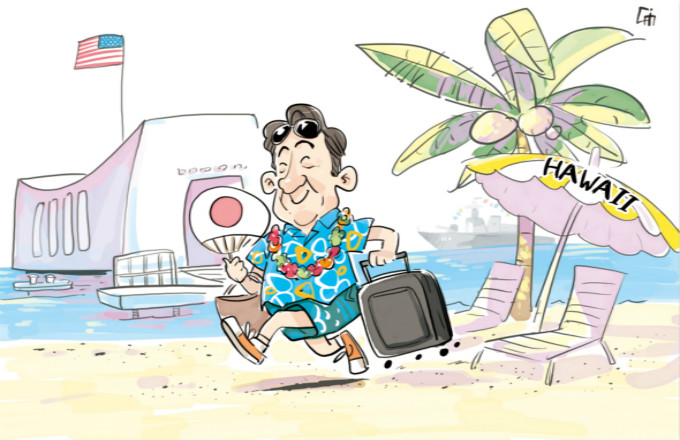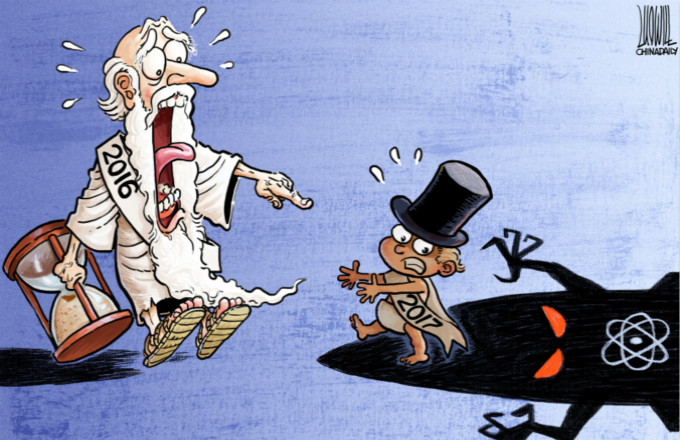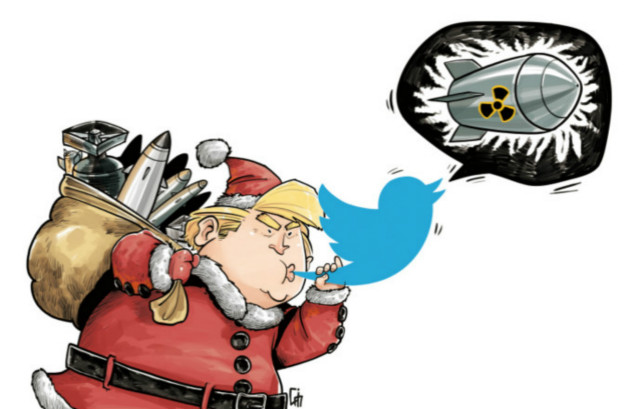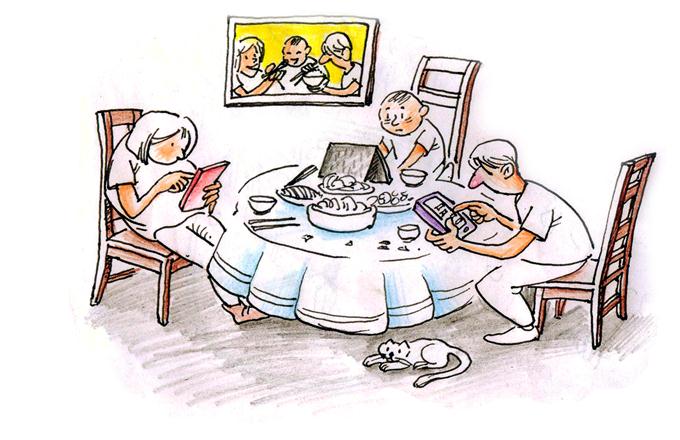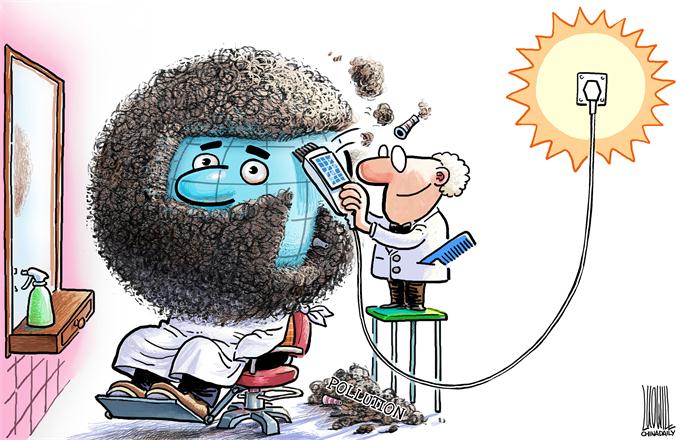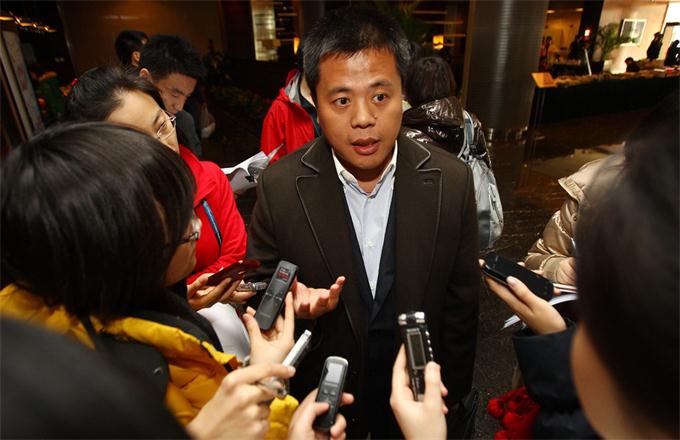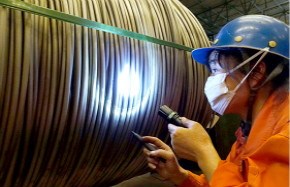Treat doctors fairly to curb medical graft
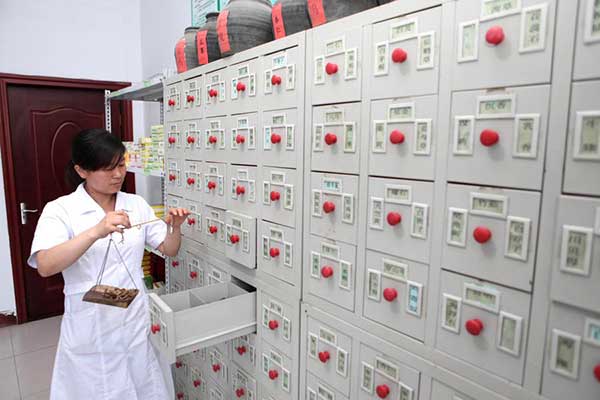 |
|
A doctor is picking up the medicine.[Photo/Xinhua] |
A small box of medicines to treat coryza costs 129 yuan ($18.6). If you think the price is not high, consider this: Of that amount, a medicine salesperson pays a kickback of 45 yuan to the doctor so that he/she prescribes it to patients.
This is part of the facts to emerge from an investigation by China Central TV journalists in a reputable hospital in Shanghai. The journalists stayed in the hospital for days and also video-recorded how medicine salespersons bribed doctors.
As soon as the news broke out, the National Health and Family Planning Commission said it would ask the local health authorities to investigate the case and take measures to prevent the spread of bribery. Later, the Shanghai Municipal Health and Family Planning Commission suspended the three doctors who were caught on camera taking bribes, and said it will strengthen the supervision of doctors.
Strengthened supervision is necessary, because doctors have the absolute say in the treatment of diseases. If doctors use this power to treat diseases without supervision and if they prescribe medicines according to their interests, not the patients' needs, they will increase the monetary burden of patients and harm their health.
Yet supervision alone is not enough. The average salary doctors get is less than what they deserve given the time and energy they put in to earn a medical degree, not to mention specialization in a field.
The prescription fee for public hospitals is strictly controlled: About 14 yuan for an experienced doctor in Beijing, just enough to buy a box of chewing gum. And since medical resources are rather rare, illegal agencies make appointments with doctors to "resell" them for as high as 1,000 yuan per appointment. When doctors have to sell labor at an unreasonably low price and watch illegal agencies making profit, why will they not try to increase their incomes?
We are confident that the National Health and Family Planning Commission will take effective measures to curb corruption in hospitals. But if the commission only strengthens supervision without promoting medical reform and raising doctors' salaries, we may face a shortage of good doctors as few would agree to do the risky, exhausting but poorly-paying job.
In fact, we may be staring at such a scenario, as the minimum cut-off score for admission to medical colleges fell in 2015 and 2016 because of dropping applicant numbers.
Fortunately, the country's top leadership has noticed this. A guideline on medical reform, which the State Council, or China's Cabinet, issued in March said the salaries of medical staff should be raised and the pioneering hospitals were already working on the new plan.
Hopefully, the reform will be expedited and doctors will be treated more fairly.
The author is a writer with China Daily.
zhangzhouxiang@chinadaily.com.cn




